Cluster 6: Food, Bioeconomy, Natural Resources, Agriculture and Environment
 According to UK Research Office (UKRO), the Commission’s Directorate-General for Research and Innovation will host Information Days for Horizon Europe Cluster 6 on 13-14 December 2022.
According to UK Research Office (UKRO), the Commission’s Directorate-General for Research and Innovation will host Information Days for Horizon Europe Cluster 6 on 13-14 December 2022.
This event will present the research topics proposed under the yet-to-be published 2023 Work Programme of Cluster 6 (Food, Bioeconomy, Natural Resources, Agriculture and Environment). A separate brokerage session will take place on 19 December.
Information is not yet available on the registration method or format of the events; a detailed agenda has not been published either.
BU academics can refer to our UKRO’s dedicated Cluster 6 Factsheet for an overview of the main policies and topic areas involved (login details required).
Cluster 5: Climate, Energy & Mobility
 The Commission’s Directorate-General for Research and Innovation will host hybrid Information Days for Horizon Europe Cluster 5 on 15-16 December 2022
The Commission’s Directorate-General for Research and Innovation will host hybrid Information Days for Horizon Europe Cluster 5 on 15-16 December 2022
The event will present the research topics proposed under the yet-to-be published 2023 Work Programme of Cluster 5 (Climate, Energy & Mobility) with focus on twin green and digital transitions to achieve climate neutrality in Europe by 2050.
A separate physical pitching session and brokerage session organised by the Cluster 5 National Contact Points will take place in the afternoon on 15 December.
Limited physical registrations will be possible via the official Info Days registration page. Online participation will be possible without prior registration. The detailed agenda and practical details are available on the event website.
BU academics can refer to our UKRO’s dedicated Cluster 5 Factsheet for an overview of the main policies and topic areas involved (login details required).
Horizon Europe association
 As you may know, Government’s policy is to encourage UK researchers to continue to apply for Horizon Europe grants despite uncertainty over association. This time I wanted to tell how other countries are progressing with the association.
As you may know, Government’s policy is to encourage UK researchers to continue to apply for Horizon Europe grants despite uncertainty over association. This time I wanted to tell how other countries are progressing with the association.
According to Research Professional, New Zealand is ready to start formal talks on association to the Horizon Europe programme. On 18 October, New Zealand’s science minister, Ayesha Verrall, “expressed her willingness” to enter formal negotiations.
Earlier this year, New Zealand and Canada concluded exploratory talks on possible association to Horizon Europe, which would give their scientists similar access to the bloc’s member states to the parts of the programme covered by the agreement, in exchange for budget contributions.
Let’s wish New Zealand to have more luck than we have had so far.
In the meantime, Australian official claims EU put limits on Horizon access. An official from a second country has said it was the EU that limited the scope of talks on association to the bloc’s research and innovation programme.
So far, 16 countries have associated across Horizon Europe. Kurt Deketelaere, secretary-general of the League of European Research Universities, warned that it “really is worrying” that research-intensive countries are being “excluded” from parts of Horizon Europe for “unknown reasons”.


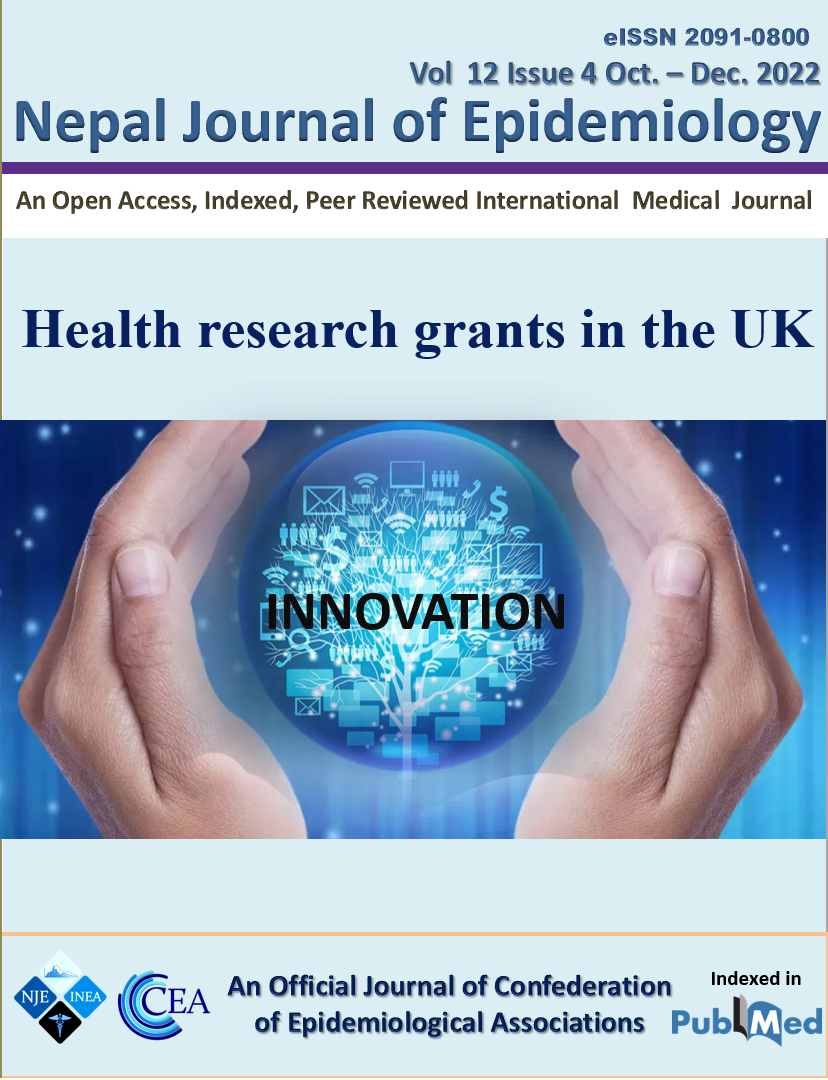
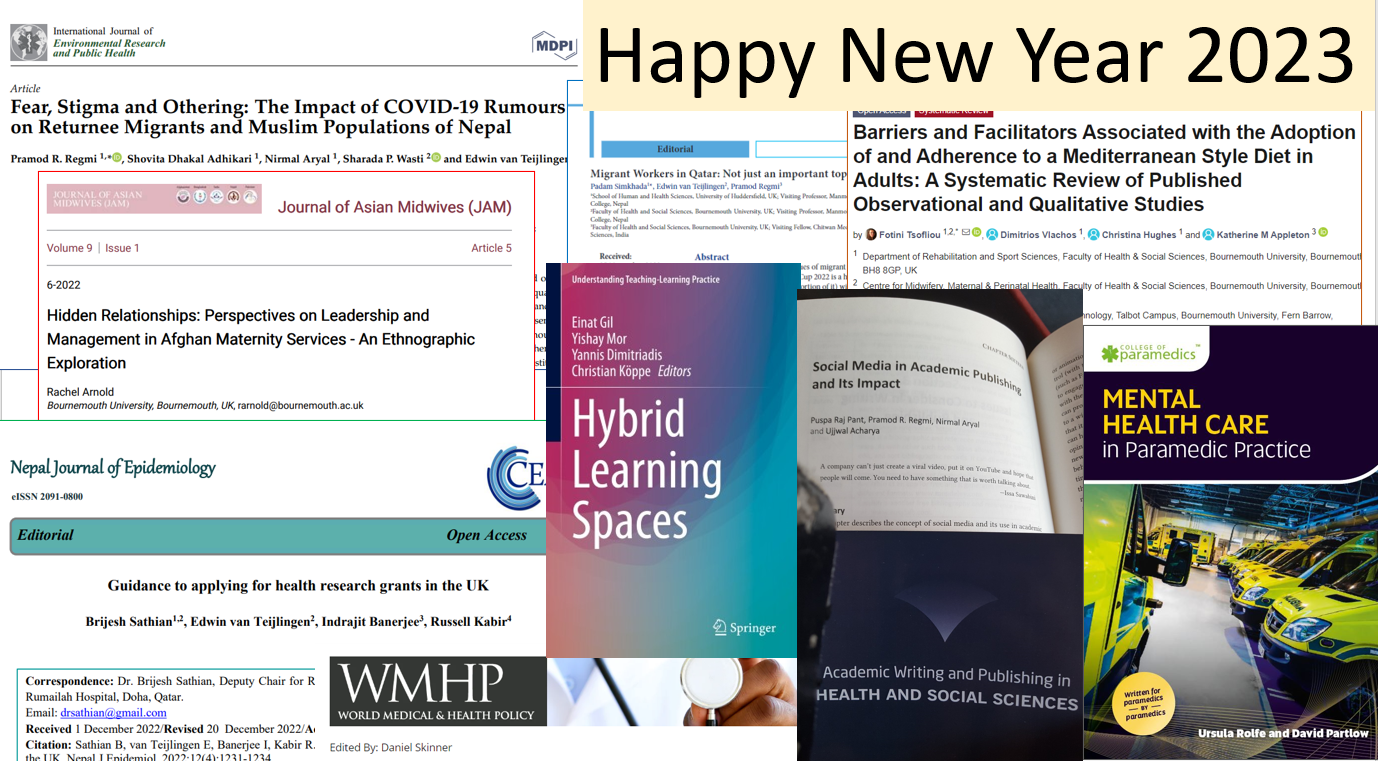
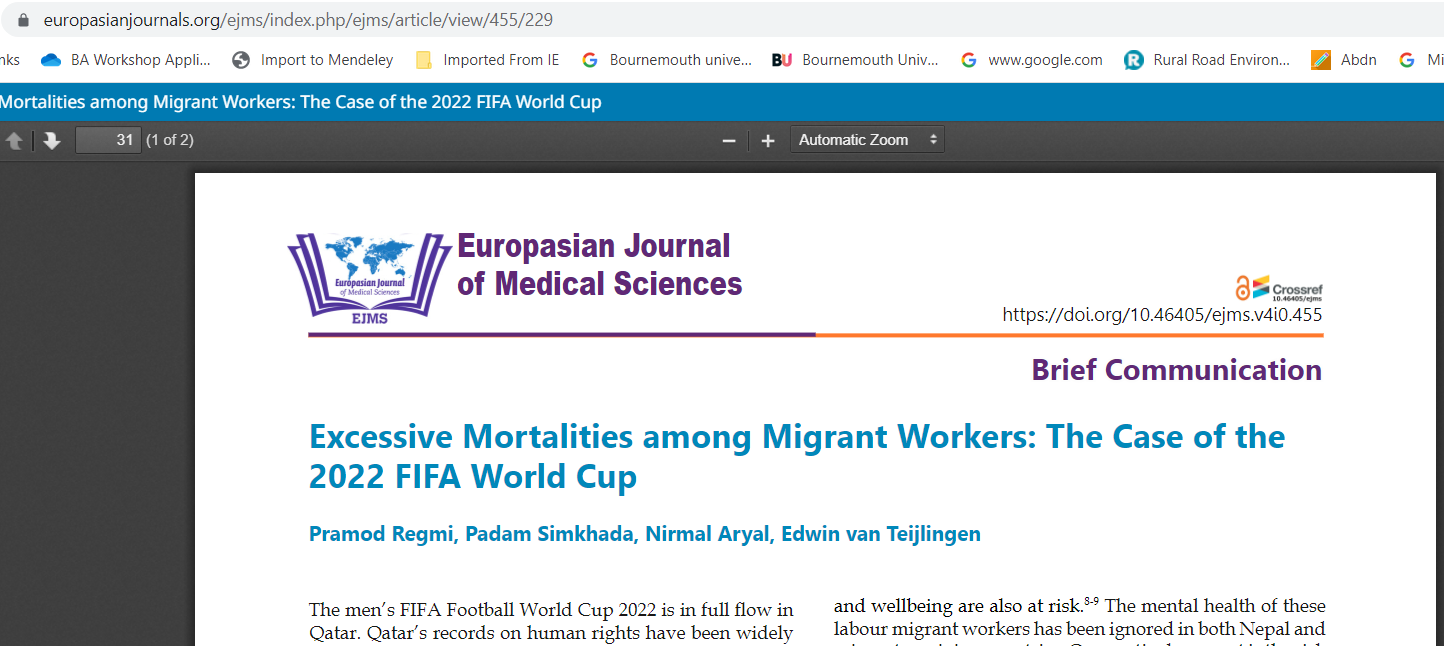

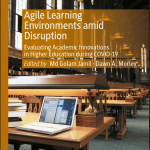

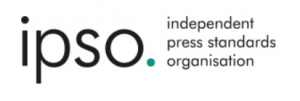
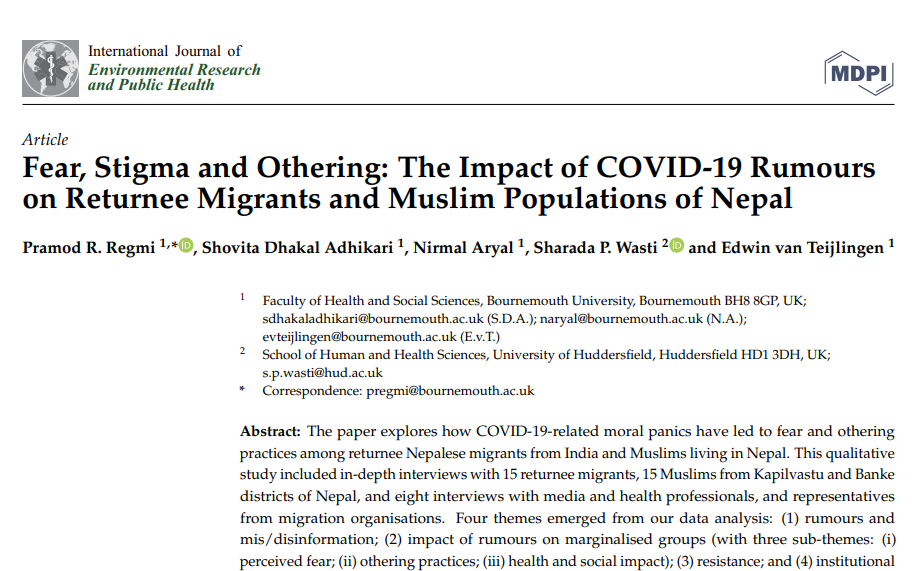
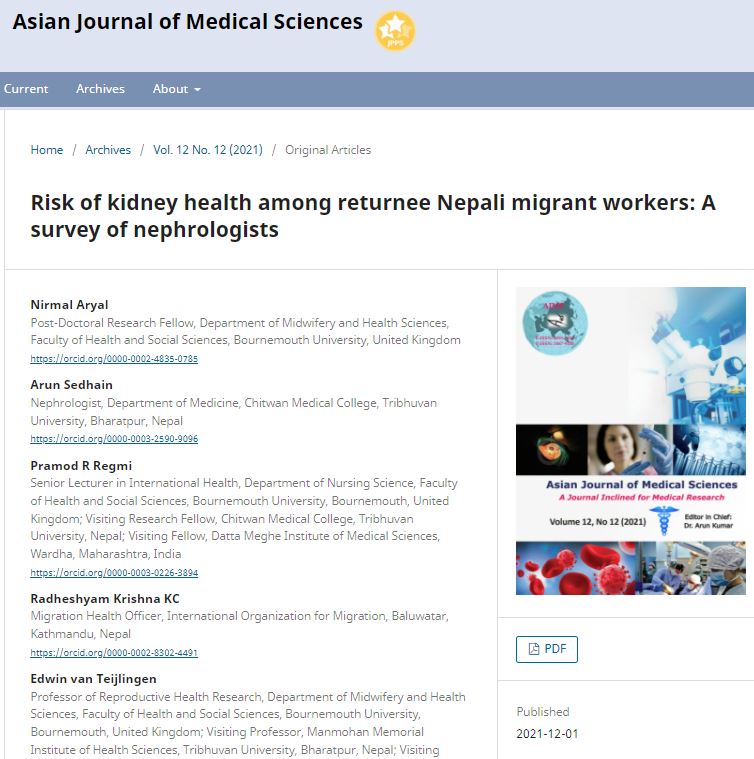
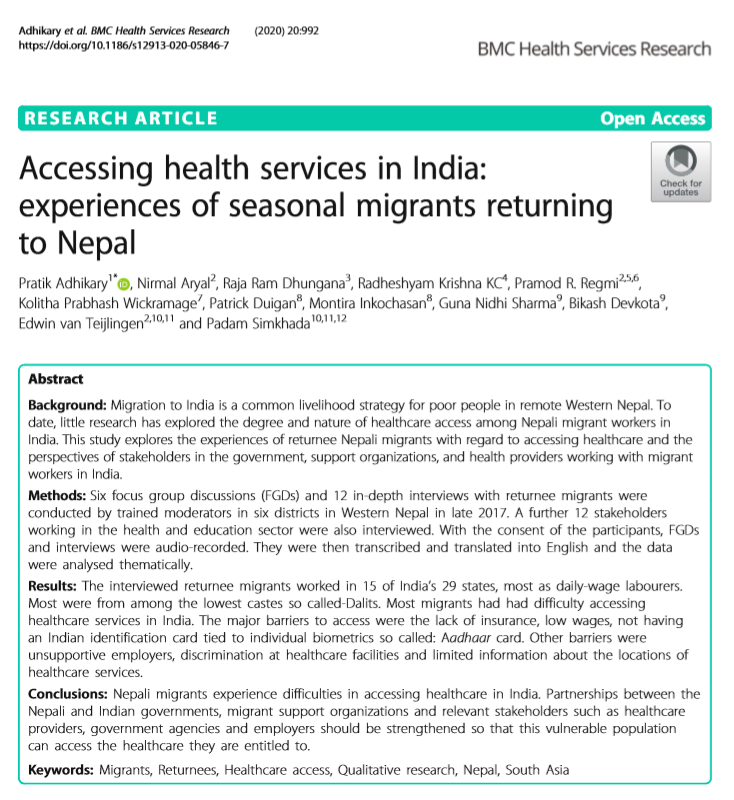

 Collaboration with Norway
Collaboration with Norway I the meantime, on Thursday 10 November UK has signed major science co-operation agreement with Switzerland.
I the meantime, on Thursday 10 November UK has signed major science co-operation agreement with Switzerland.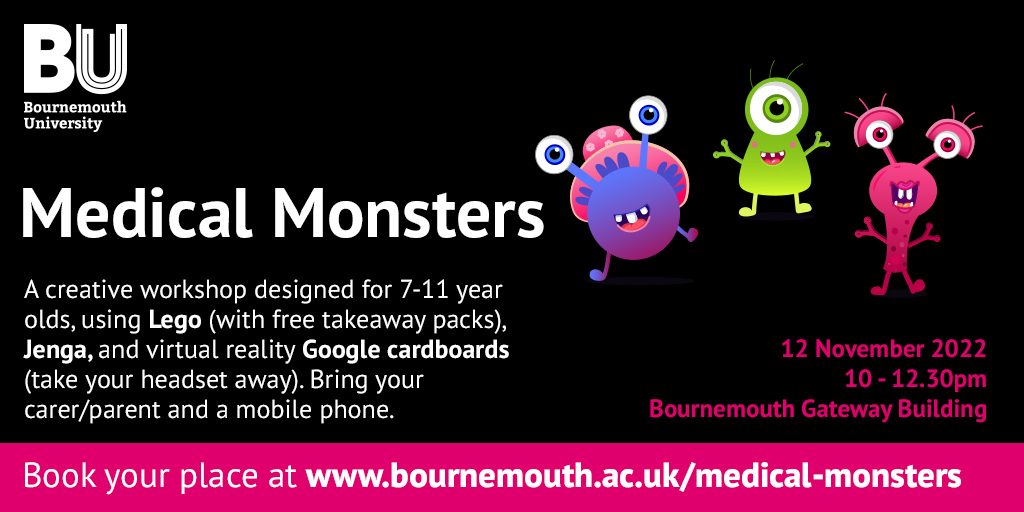
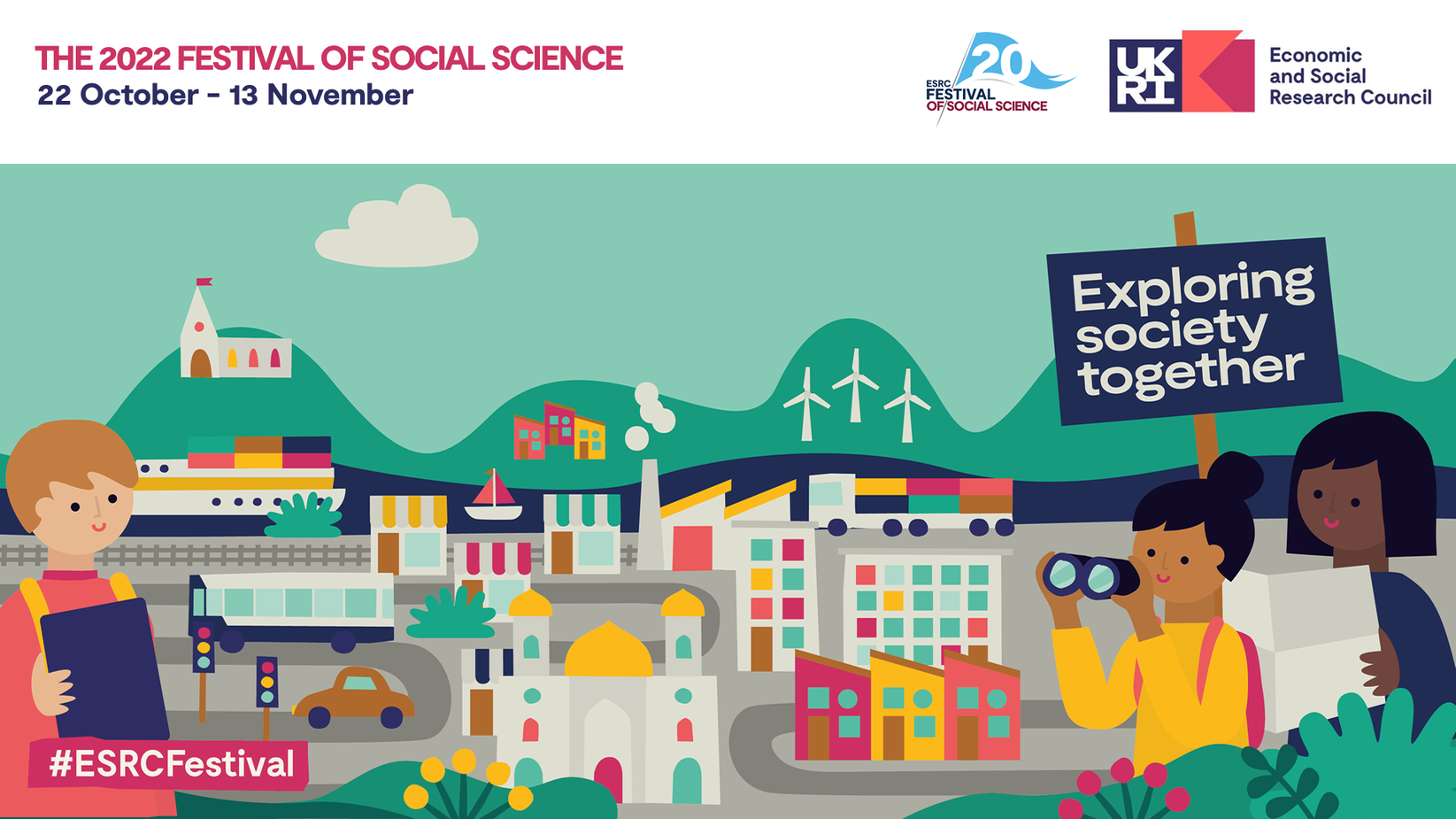
 About ten days ago I published a blog regarding
About ten days ago I published a blog regarding  According to UK Research Office (UKRO), the Commission’s Directorate-General for Research and Innovation will host
According to UK Research Office (UKRO), the Commission’s Directorate-General for Research and Innovation will host  The Commission’s Directorate-General for Research and Innovation will host hybrid
The Commission’s Directorate-General for Research and Innovation will host hybrid  As you may know, Government’s policy is to encourage UK researchers to continue to apply for Horizon Europe grants despite uncertainty over association. This time I wanted to tell how other countries are progressing with the association.
As you may know, Government’s policy is to encourage UK researchers to continue to apply for Horizon Europe grants despite uncertainty over association. This time I wanted to tell how other countries are progressing with the association.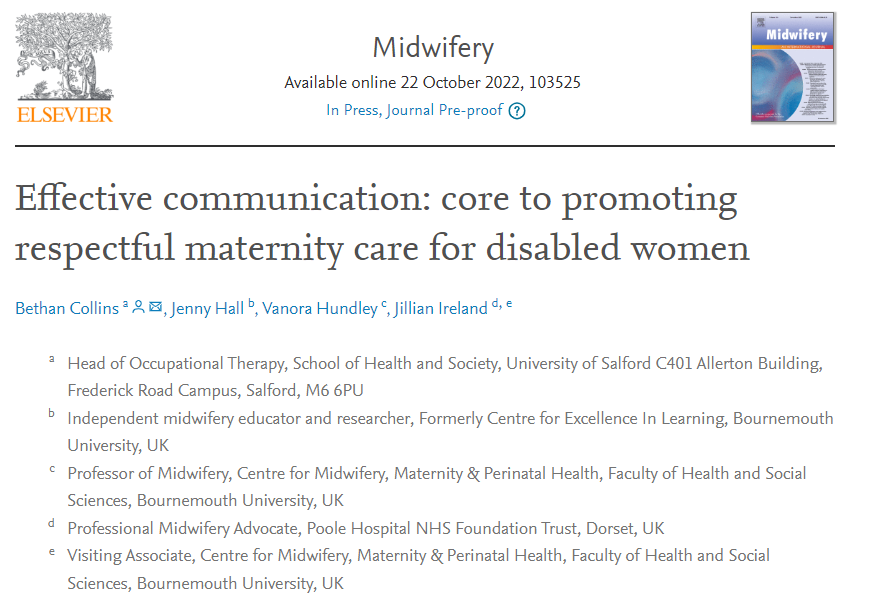
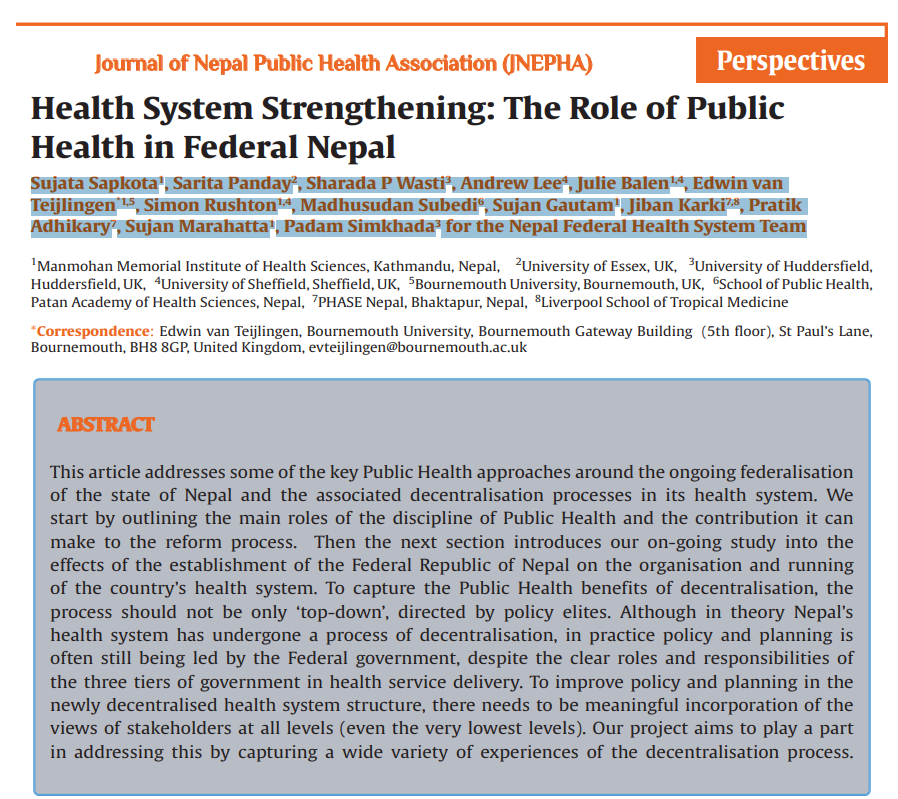
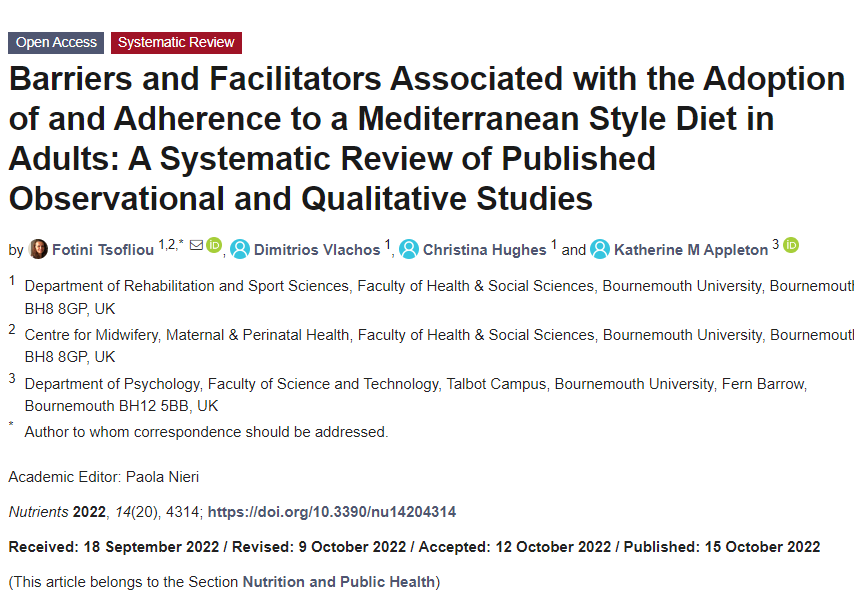


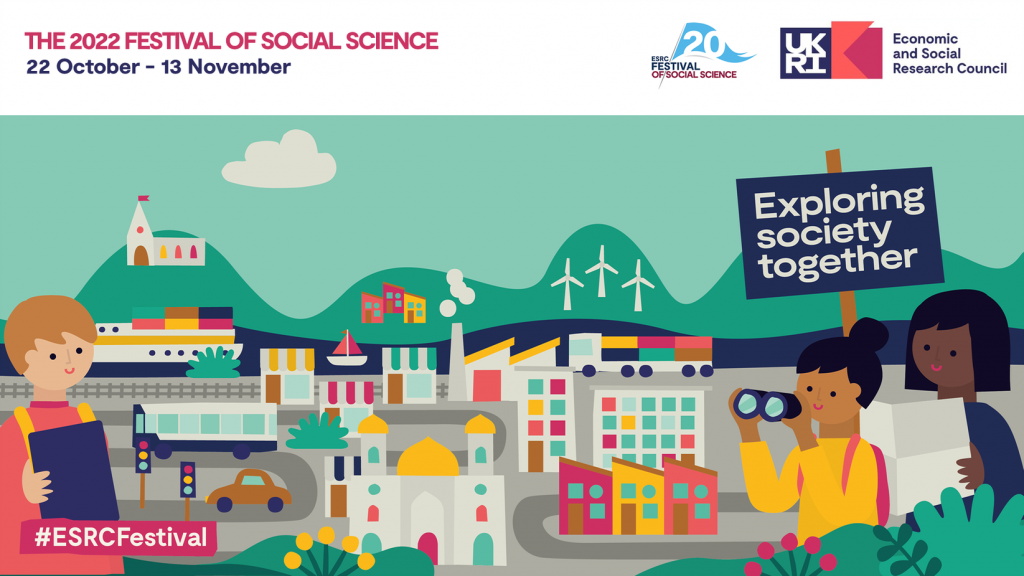











 From Sustainable Research to Sustainable Research Lives: Reflections from the SPROUT Network Event
From Sustainable Research to Sustainable Research Lives: Reflections from the SPROUT Network Event REF Code of Practice consultation is open!
REF Code of Practice consultation is open! BU Leads AI-Driven Work Package in EU Horizon SUSHEAS Project
BU Leads AI-Driven Work Package in EU Horizon SUSHEAS Project ECR Funding Open Call: Research Culture & Community Grant – Apply now
ECR Funding Open Call: Research Culture & Community Grant – Apply now ECR Funding Open Call: Research Culture & Community Grant – Application Deadline Friday 12 December
ECR Funding Open Call: Research Culture & Community Grant – Application Deadline Friday 12 December MSCA Postdoctoral Fellowships 2025 Call
MSCA Postdoctoral Fellowships 2025 Call ERC Advanced Grant 2025 Webinar
ERC Advanced Grant 2025 Webinar Update on UKRO services
Update on UKRO services European research project exploring use of ‘virtual twins’ to better manage metabolic associated fatty liver disease
European research project exploring use of ‘virtual twins’ to better manage metabolic associated fatty liver disease